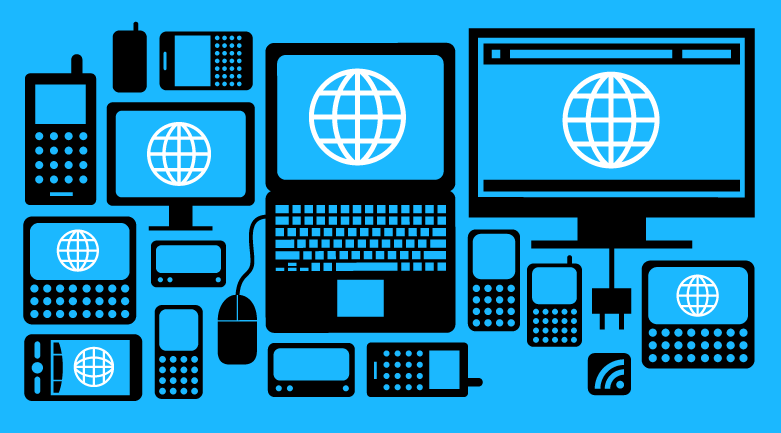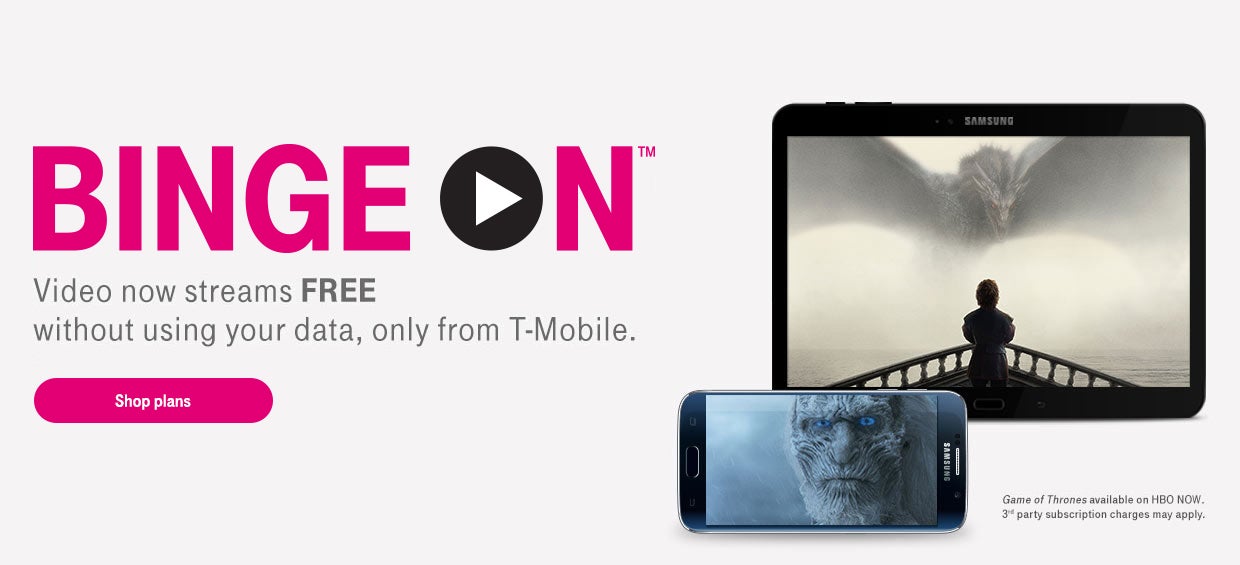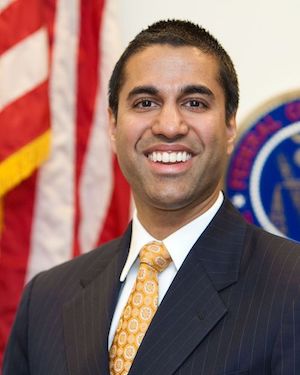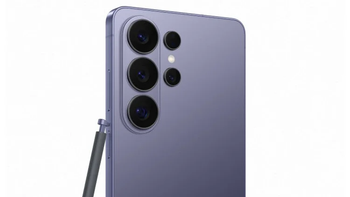Net neutrality isn't the angel it's made out to be

If I asked you if you believed everyone should have equal access to water, electricity, and heat, you’d likely agree and say that this was a good idea. These are all essential components that we need to lead a healthy and fulfilling life, and as such, they’ve been deemed utilities by our government. Our world is one that’s becoming more and more Internet-dependent with each day that passes, and as such, you can easily make the argument that it falls into those same lines as water, electricity, and heat. This is something that the Federal Communications Commission agreed upon in 2015 when it officially ruled broadband Internet service as a utility in the United States, and this ruling was met with great applause and joy. With this ruling, Internet service providers (ISPs) cannot block or limit peoples’ access to online content and must maintain an equal playing field for all.
This is the essential idea of what net neutrality is all about - providing everyone with the same, equal access to the entirety of the World Wide Web. Net neutrality is a newfangled subject considering the relative young age of the Internet as a whole, but it’s become an area for intense debate over the past decade. One of the first violations against net neutrality came up in 2007 when it was discovered that Comcast was blocking its subscribers from sharing digital copies of the King James Bible.
Net neutrality is about providing everyone with equal access to the Internet, but as you take a deeper look, does this really make sense?
Five years later in 2012, Comcast was outed once more by Netflix for slowing down its customers' Internet speeds while trying to access online video services (such as Netflix, Hulu, etc.) rather than watching similar content on Comcast’s own Xfinity TV service. These acts, while not limited to just Comcast, are two of the main points of argument that people for net neutrality often like to make. These instances create for clear validity as to why certain regulations on the Internet need to be in place, but as a whole, net neutrality is not perfect. It works in a number of areas, but there are certain aspects of it that are broken and don’t benefit the consumer at all.
One of the main arguments that I like to bring up is that of T-Mobile. Back in June 2014 as part of its Un-Carrier movement, T-Mobile announced its “Music Freedom” feature. Music Freedom essentially allowed T-Mobile customers to stream an unlimited amount of music that didn’t count towards their data limits, but only when listening to certain services that T-Mobile had partnered with. While you could stream an unlimited amount of music from a service such as Spotify, streaming from an unknown and smaller site would count towards your data limit for the month.

Following this up in November, 2015 was “Binge On.” Binge On functions in the same general manner as Music Freedom, but with music streaming being switched out for video streaming. T-Moible partnered with a number of streaming providers (e.g. Hulu, YouTube, Netflix, Amazon Instant Video, HBO Now, etc.) in order to provide its customers with unlimited streaming of this content. However, the catch to this feature is that video playback is downgraded and throttled to just 480p Standard Definition (soon to be upgraded to 720p High Definition). Just what does that mean though? On a carrier such as AT&T, you can stream your videos in 480p, 720p, 1080p, 1440p, etc. You can decide to stream 4K video content via your data connection if you so choose, but this will also eat away at your data bucket in a second.
Binge-On degrades video quality so that consumers can stream an unlimited amount of it
With T-Mobile, all video streams through the providers the carrier is partnered with are down-sampled to a lower quality so that you can stream an unlimited amount of it. Here’s where things get dicey for some people though. In order to unlimitedly stream video content at the highest quality possible, consumers need to pay an additional $15/month. A lot of pro-net neutrality individuals will make the case that you should have the right to stream at whatever resolution you’d like even if it means eating through your data count for the month, but in the eyes of most consumers, I firmly believe that they’d rather be able to stream as much video as they’d like at a slightly lower quality. This activity that T-Mobile is conducting isn’t illegal, but it does go against the whole argument for net neutrality. T-Mobile charges customers an additional fee in order to access a higher-quality version of video content, but in return, the carrier can offer all of its customers with the ability to stream as much video as they’d like at a good resolution.
That’s how an anti-net neutrality movement can benefit the consumer, but what about how this idea of an equal Internet can directly hurt us? For starters, net neutrality means that the government has access to restrict content as they see fit. Obviously there are certain regulations in place so that this can’t happen just will-nilly, but a government-regulated Internet means that the folks in DC do have that power to call the shots if they see fit.
Net neutrality allows for a government stronghold on the Internet
Net neutrality is all for more government control and regulation, but why now? Why do we need it? The Internet has been without government influence for the vast majority of its lifespan, and operating as part of a free market will allow for more competition and growth. However, once something is considered a government utility, this growth is halted immediately. The Internet is still a young entity in the grand scheme of things, and that means that there’s plenty of room left to expand and develop. This cannot happen under government influence, and this results in consumers losing out in the long haul.

I’m more than aware that this opinion on the subject of net neutrality is vastly unpopular, and that’s okay. As I previously mentioned, there are specific areas of net neutrality that do work and help keep people safe and protected. Be that as it may, there comes a point where it goes from being safe to overly protected. A pro-net neutrality chairman within the FCC would have allowed for this to continue to happen, but that’s no longer the case with Ajit Pai now heading up the Federal Communications Commission.
Pai is famously against neutrality, and it’ll be incredibly interesting to see how his position within the FCC plays out. The Obama Administration was in favor of more government control over the Internet as a utility, but it’s likely we’ll see a complete one eighty on those actions with Pai now behind the driver’s seat.
A lot of people in favor of net neutrality have actively voiced their distaste for President Trump’s choice of Pai as the new chairman, but if you’re someone who identifies themselves as being somewhere in the middle of this argument or haven’t given it much thought in the past, I encourage you to actively think about the points that have been made here.
I’m not saying that we should call for a complete and total abolishment of net neutrality, but there are copious aspects of it that need to be taken back to the drawing board. Net neutrality isn’t the angel that it’s made out to be, and it’ll be quite exciting to see what the future holds for it going forward.
This isn't a conversation that ends with just my voice though. Net neutrality is something that will continue to be debated for the years to come, and as such, it's important to talk about such topics. Cast your vote on the subject in the poll below, and feel free to continue to discussion in the comments section below.













Things that are NOT allowed:
To help keep our community safe and free from spam, we apply temporary limits to newly created accounts: